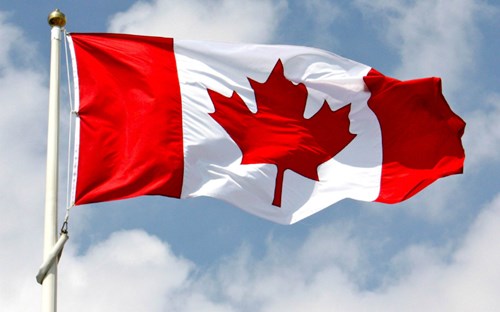According to the National Post, Canadian Conservative Leader Pierre Poilievre could introduce a non-confidence motion on Sept. 24 asking the other parties to topple the liberal government. Opposition parties can introduce motions, including those declaring non-confidence in the government, on specific days designated in the House of Commons calendar. Poilievre failed in a non-confidence motion in March.
 Canada has experienced some GDP growth, but inflation remains high, and there are concerns over a possible recession.
Canada has experienced some GDP growth, but inflation remains high, and there are concerns over a possible recession.
Brian Rushfeldt is the former executive director of Canada Family Action. He thinks next week's motion would also fail.
"After hearing (Justin) Trudeau announce that they have a lot of work to do and he kind of doubled down on the issue of not calling an election and that he would continue leading the party regardless. To me, the signal from that is that he has no intention of calling an election until he's forced to. I think the Québécois and the NDP will continue to support Trudeau as long as they possibly can."
The Conservatives would likely need support from both the NDP and Bloc Quebecois for a non-confidence motion to succeed.

NDP Leader Jagmeet Singh has said that without the supply-and-confidence deal his caucus will take each vote as it comes. He has also repeatedly said Canadians have lost faith in Prime Minister Justin Trudeau and the Liberals.
Rushfeldt believes Trudeau will get the current ruling coalition to pass a law giving him the power to call an election at his time of choice.
"That means that he would basically be the dictator till he decides not to be the dictator. I think if he introduced that kind of law, it turns our Constitution totally upside down, but with the NDP and the Bloc holding him hostage, I think he would get something like that passed."
Rushfeldt says then it would be up to a liberal leaning Canadian Supreme Court to intervene.







